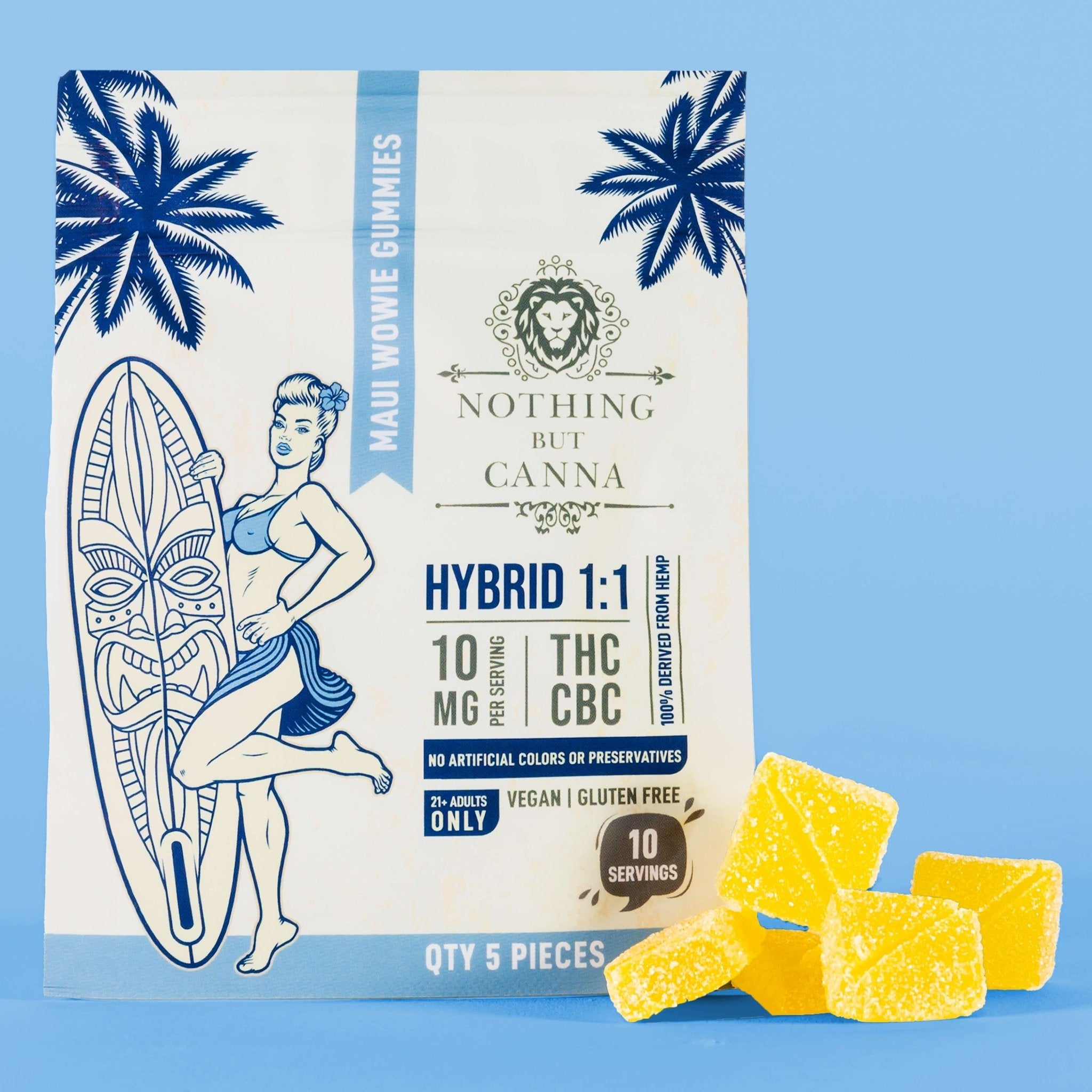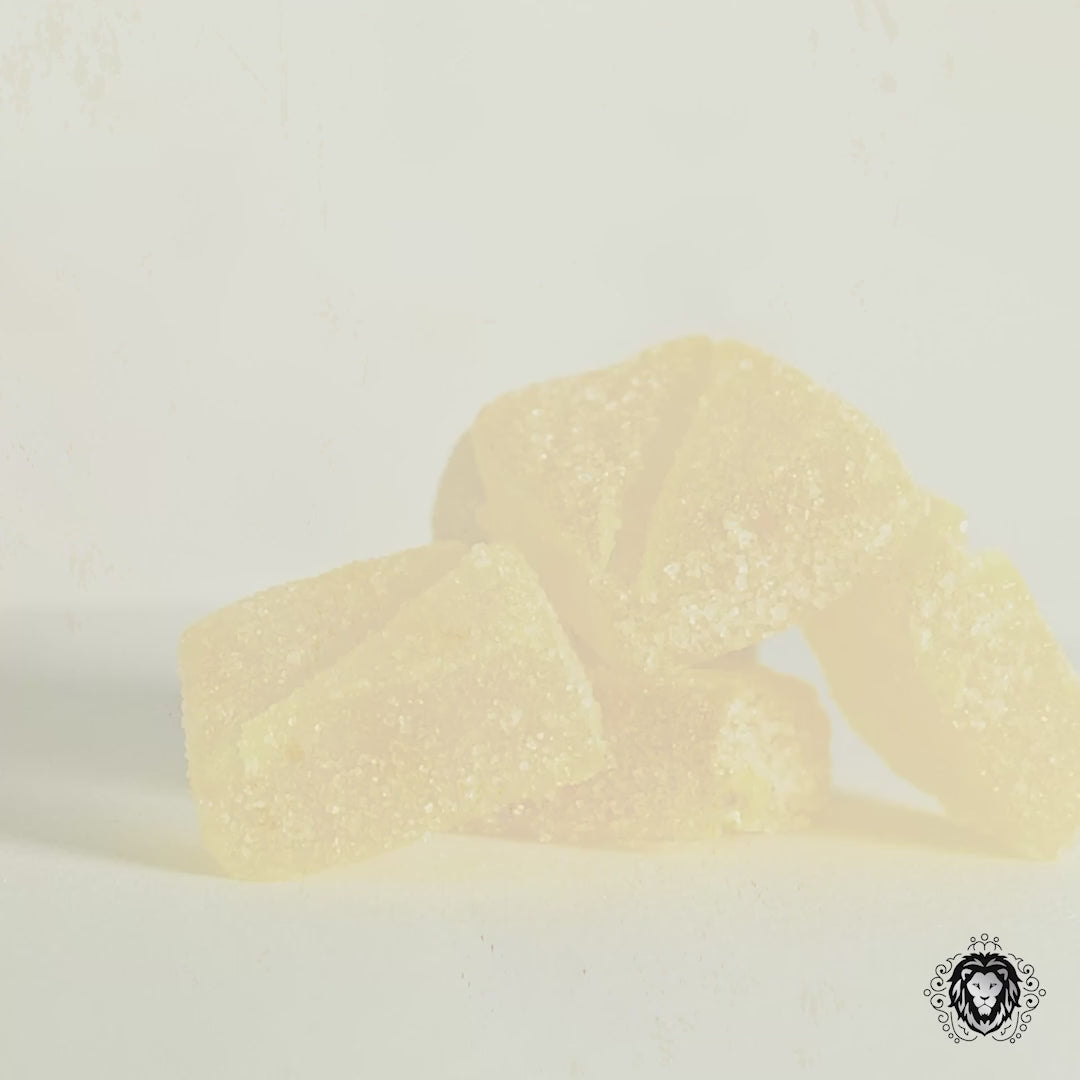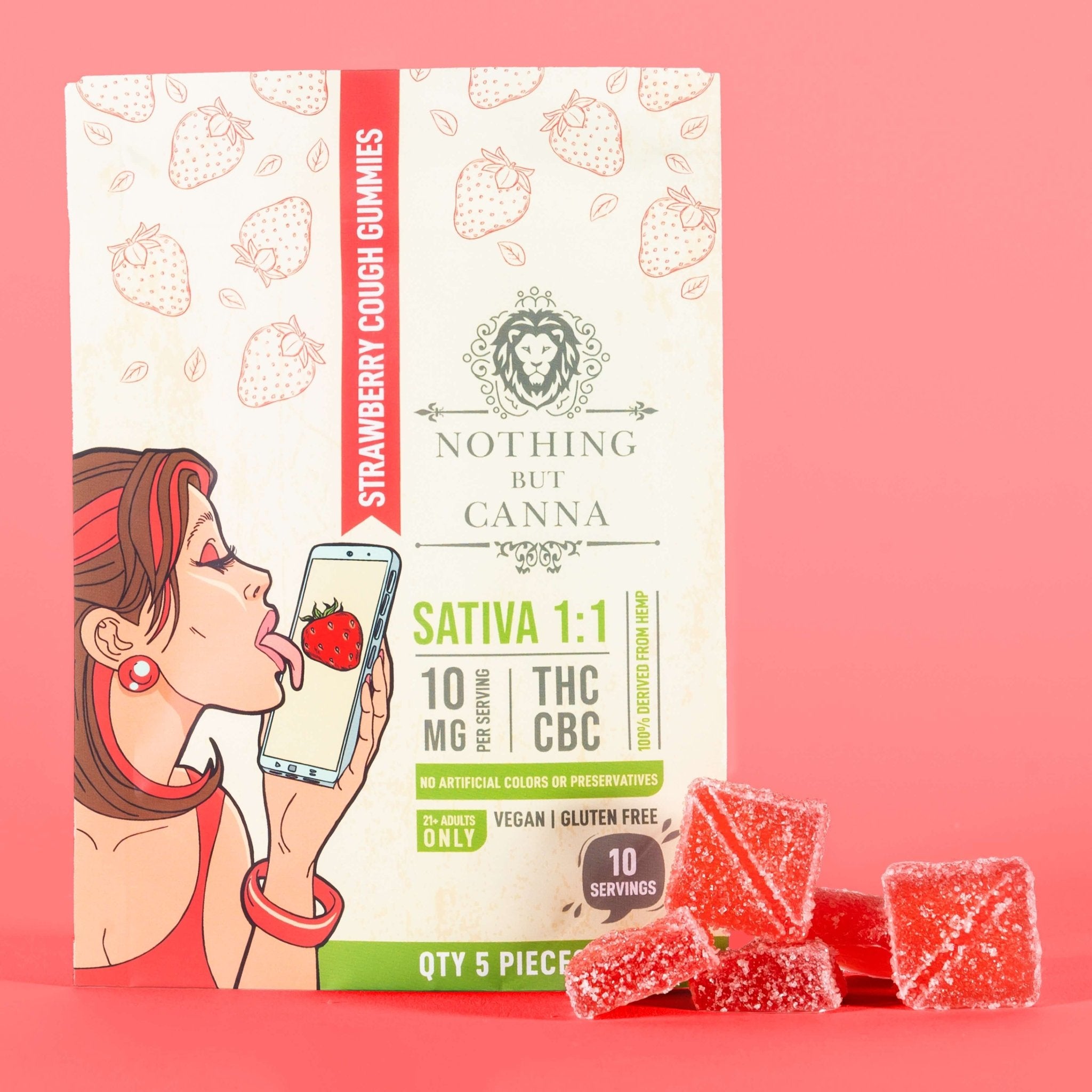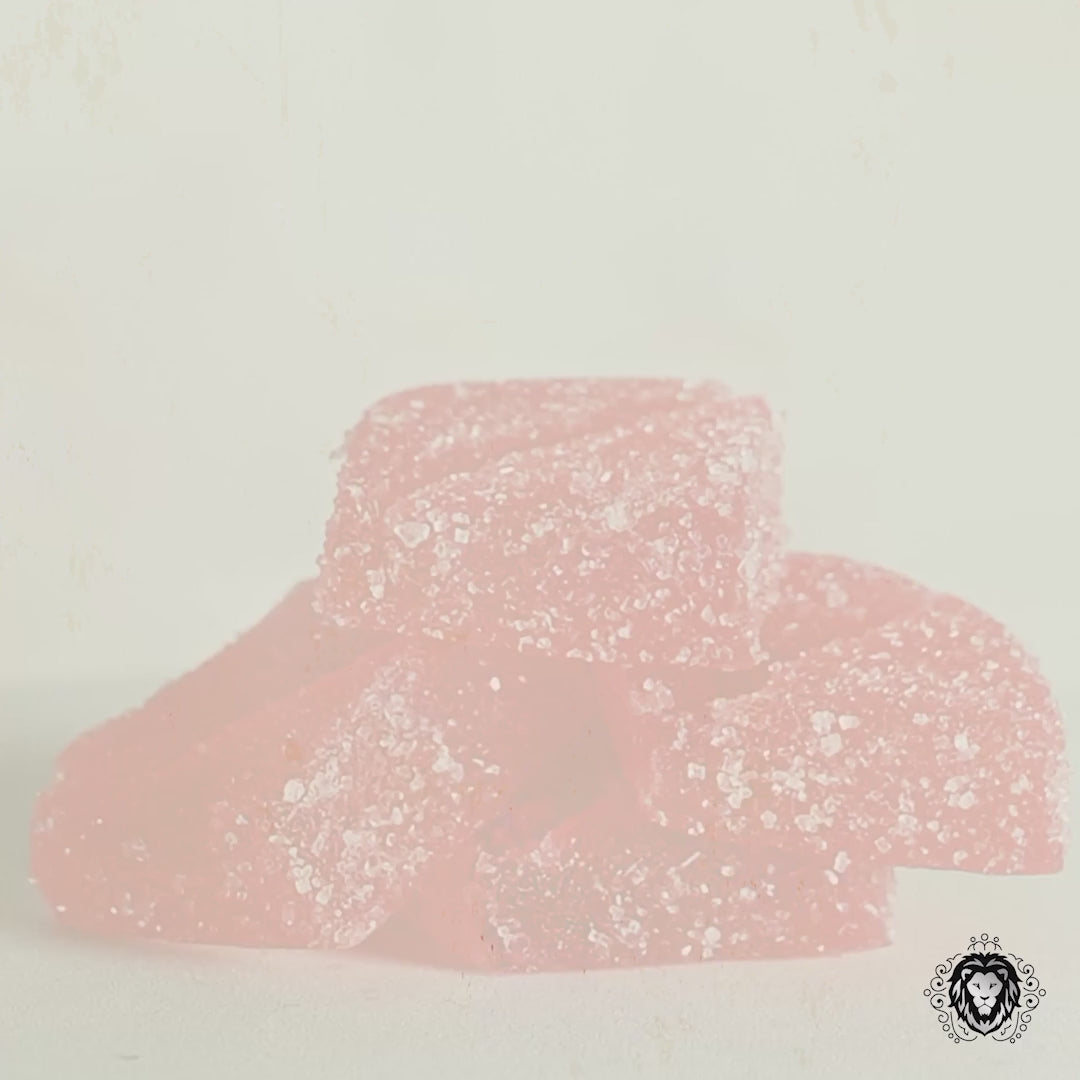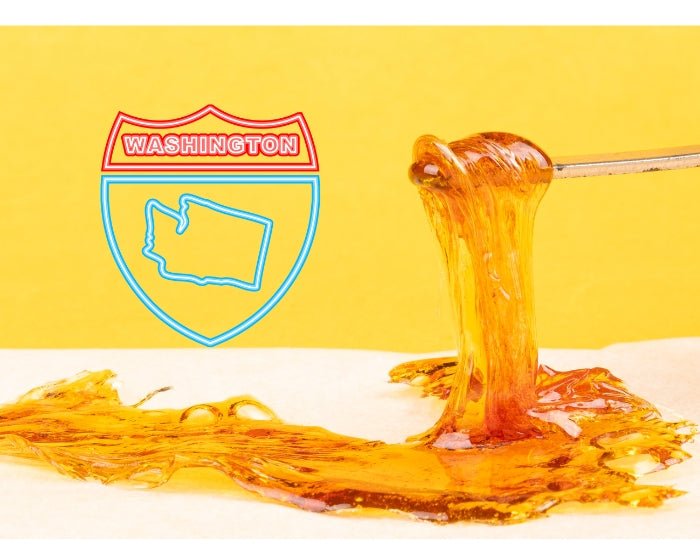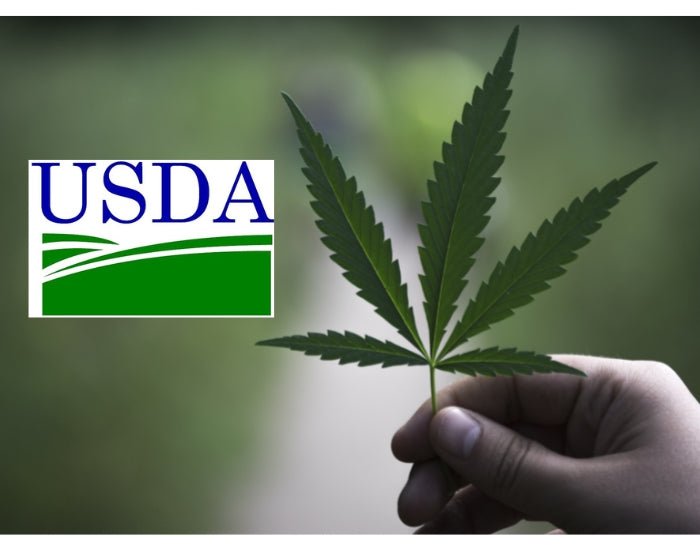In a move similar to one implemented by mainland China, authorities in Hong Kong have banned CBD and CBD-infused products.

On February 1, a new policy banning CBD took effect in Hong Kong, according to multiple media outlets. Citing health and safety concerns, authorities in the city approved the new law last October, which now categorizes CBD as a dangerous drug, placing it on the same level as heroin, cocaine and methamphetamine.
Under the new law, individuals convicted of possessing and consuming CBD could face up to seven years in prison and a maximum fine of HK$1 million ($127,607 US). The punishment is even more severe for manufacturers and distributors of CBD and CBD-infused products. Penalties for those offenders could include a possible life sentence and fines of over HK$5 million ($638,000 US).
CBD, or cannabidiol, is a naturally occurring compound derived from the cannabis sativa plant. It is not THC and produces no psychoactive effects when consumed. Over 100 cannabinoids have been found in the cannabis plant. The most popular one is the delta-9 THC compound which produces the euphoric "high" many users of marijuana experience.
However, CBD comes from the part of the plant known as hemp. Hemp is any part of the cannabis sativa plant containing less than 0.3% delta-9 THC. Many users of CBD claim it helps reduce pain, stress, anxiety and inflammation. The global popularity of CBD and CBD-infused products, like gummies, coffee, beers and even beauty creams, has grown exponentially in recent years. It is estimated that the industry will be worth $47 billion by 2028, up from its $4.9 billion valuation in 2021.
However, for authorities in cities like Hong Kong, CBD is still an "unknown" from a scientific standpoint. Because CBD has been allowed to flourish in a largely unregulated market, scientists have been unable to provide a large enough sample of sound scientific findings demonstrating the safety of CBD for consumers.
In the United States, the Food and Drug Administration (FDA) recently said that it would be unable to properly regulate CBD products under its current regulatory framework due to those same health concerns. In a statement read before Congress, FDA Deputy Commissioner Dr. Janet Woodcock said, "For example, we have not found adequate evidence to determine how much CBD can be consumed, and for how long, before causing harm."
"For example, we have not found adequate evidence to determine how much CBD can be consumed, and for how long, before causing harm."
- FDA Deputy Commissioner Dr. Janet Woodcock
Advocates and stakeholders for the CBD industry view this move by Hong Kong authorities and the FDA as wholly unfounded and unfairly detrimental to a market with a rather excellent health and safety record.
As Jonathan Miller, General Counsel at the U.S. Hemp Roundtable, shares, "Contrary to the FDA's continued assertions regarding the safety of CBD, there is clear, established evidence of safety over the years. CBD products have been sold at retail for nearly a decade with no significant safety issues."
"Contrary to the FDA's continued assertions regarding the safety of CBD, there is clear, established evidence of safety over the years. CBD products have been sold at retail for nearly a decade with no significant safety issues."
- Jonathan Miller, General Counsel at the U.S. Hemp Roundtable
However, officials in Hong Kong point to the controversial and potentially deadly delta-8 THC variant as reason enough to apply the CBD ban and its harsh penalties. THC variants like delta-8 can be produced from hemp-derived CBD oil using a chemical process known as isomerization. Like delta-9, the delta-8 variant produces a somewhat milder "high" in consumers compared to its more prevalent cousin.
Because of the lack of regulation and oversight in the larger CBD global market, there is no uniform system for health and safety protocols surrounding the production of variants like delta-8. This instability has already seen Delta-8 blamed for at least one death in the United States and the impetus for legislative actions on the part of individual states banning the THC variant.
The move on the part of Hong Kong officials has already caused substantial economic hardship for many small businesses specializing in CBD-infused product offerings. With the financial hub already reeling from a recession, this new law could not come at a worse time.
As a result, many vendors have been forced to pull some of their most popular products or close shop entirely. As Chris Wong, co-founder of the HK Brewcraft store, says, "We had to stop selling a best-selling beer, and we still get customers calling to ask about the product daily."
"We had to stop selling a best-selling beer, and we still get customers calling to ask about the product daily."
- Chris Wong, Co-founder of the HK Brewcraft
Hong Kong authorities have given companies and residents three months to dispose of any potential CBD items. Roughly 77,400 items, including skin-care products, edible oils and health supplements, have been collected at designated government disposal bins around the city.
What makes this ban by the city of Hong Kong and a similar policy enacted by the mainland Chinese government so peculiar and blatantly hypocritical is that despite outlawing the sale of CBD and related products at home, China generates roughly one-third of the world's CBD supply.
So, it is an alarming health and safety concern for citizens of China and Hong Kong to buy and consume CBD. However, the rest of the world is fair game so long as the profits continue to pour in for the Chinese government and wealthy Chinese entrepreneurs and businesses. So, maybe it's not about the welfare of the CBD consumer after all.

































